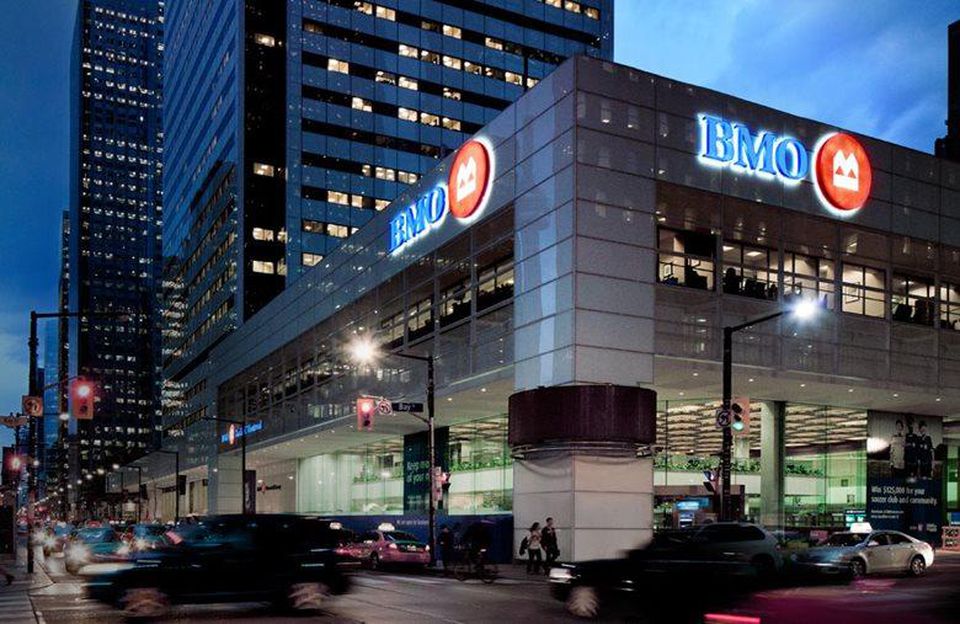The Canadian banking system prohibits cryptocurrency transactions. There is a circle around investors in digital currencies.
Canadian banks do not appear to have "fallen" prey to the cryptocurrency craze. And as a demonstration of this, it is known as only a few days ago, the BMO Financial Group has announced its intention to prohibit its customers who hold credit and debit cards from being able to participate in purchases of criptovaluta with their own transactional tools.
With this hope, the Bank of Montreal joins the other Canadian financial institutions in making a restrictive move against digital currencies, with the consequence that Canadian investors seeking to buy cryptocurrencies are increasingly forced to look at a limited range of options in able to facilitate their purchases.
Major Canadian banks prohibit transactions
Bank of Montreal is only the most recent Canadian bank to issue a ban on this for its customers. Last month, for example, Toronto Dominion (TD Bank) announced that it has blocked the possibility of buying digital currencies for its customers. Recently, Royal Bank of Canada (RBC), the country's second largest bank in terms of asset volume, said it would allow cryptocurrency transactions only "in limited circumstances", although it has therefore not completely banned purchases in digital currency for its users.
Canadian cryptocurrency enthusiasts find other means
While major banks have issued stringent bans on digital currency transactions, Canadian cryptocurrency investors have been looking for other ways to complete their transactions. In the past three weeks, the LocalBitcoins P2P platform, for example, has seen its business grow sixfold, from $ 1,2 million in transactions to $ 7,2 million, compared to the previous three-week period.
Cryptocurrency supporters claim that the banking ban could actually have a positive impact. After all, digital currencies such as Bitcoin are based on the freedom of personal investors and if investors have to look outside banking institutions to conduct these transactions, then they are substantially benefiting from the fact that they will be able to do without the financial system traditional, at least in part.
Finally, remember that cryptocurrency Canadian investors remain free to conduct transactions through decentralized exchanges. LocalBitcoins, for example, has existed for about six years and is designed to facilitate the connection of bitcoin buyers and sellers on an open, peer-to-peer exchange market. Critics suggest that decentralized exchanges could place cryptocurrency investors in a context of high risk without the security of a traditional bank or a similar financial institution, but - at least for the moment - few seem to realize it ...


